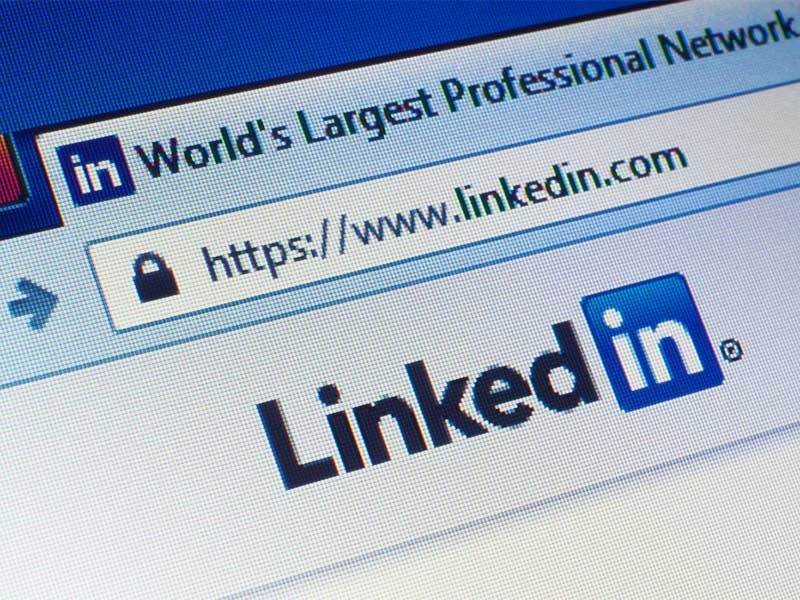It’s natural to be apprehensive before a big job interview. If you’re a new graduate, returning from a career break, or you’ve just been in your current role a long time, you may even be dreading it. Those feelings will be worse if you know next to nothing about your potential workplace.
Research and preparation is always my top tip when interview coaching. Being able to walk into the room knowing your facts is a huge confidence boost. It also means you’re able to answer interview questions and ask the interviewer questions.
Here are seven ways to tackle researching a company before a job interview:
Start with the basics
Visit the company website and get familiar with the organisation’s mission statement, values and history. Have an overview of their products and services, markets and management structure. You don’t want to be that person who asks the really obvious questions, which could have been answered with a five-minute read of the website.
You can also get a good feel for the company culture if you delve a little deeper. Check out the press section and social media feeds. Their Facebook, Google+, Instagram, and Twitter pages will give you a good sense of how the company wants its customers to see it.
How do they respond to customer complaints on social media? Is their feed non-stop promotion or do they interact with followers? If you like or follow them you might find you get useful updates right up to the day of your interview.
You won’t find the exact questions you’ll be asked at the interview. But you can glean a good idea of what to expect by researching the company before the interview. You’ll need to look beyond the job description to gain an understanding of what they’re really looking for.
Get a feel for the culture and community
When you’re checking out their social media, don’t forget the company blog. Whether it’s a post welcoming new team members, or just a simple announcement of a recent software update, you can tell a lot about the culture by the tone of voice. Is it casual and chatty or dry and corporate?
You can also get some clues on conversation topics for your interview. Are they involved with a local charity or project or have they recently won an award? What are their views on encouraging talent and diversity – are they open and engaging?
Check out their financial health
If it’s a large company take a look at the ‘Investor Relations’ section of the website. You should be able to see average earnings, revenues and a full annual report. If it’s a start-up, check Crunchbase for funding rounds or acquisitions. Companies House can also provide useful information on company directors and ownership structures. You don’t need to discuss reams of figures at your interview, but it is useful to back up some answers with hard facts.
Discover the LinkedIn goldmine of information
LinkedIn company profiles are great for a quick overview. But, more importantly, you’ll be able to see your connections at the company, new hires, promotions and jobs adverts. If you have a connection with links to the company, get in touch. Most people will respond positively to a polite message asking for their perspective on the company. They might even have a few insider tips for your interview or be able to introduce you to other people at the company.
You should also check out your interviewer’s LinkedIn profile to get insight into their job and background. Some people still feel a bit uncomfortable about this. There’s really no need – it’s just due diligence and shows that you care enough about the role to spend some time preparing. LinkedIn is the most popular tool to research a company before a job interview.

Seek out insider knowledge
You can often find company reviews and interview tips on Glassdoor. You may even find out what specific questions other candidates have been asked. The company comments and reviews can be useful, but be mindful that unhappy employees are more likely to leave reviews than satisfied ones. That said, if you spot recurring themes, such as a negative attitude to flexible working, it could well be accurate.
Get Googleing
You can find invaluable information if you search Google and Google News. A company may not shout about their re-structure plans, financial problems or specific product performance on their website. But this is knowledge worth knowing.
As well as researching the company before your interview, it makes sense to review the overall industry, main rivals and current market trends. The best way to convince your interviewer that you know the company well is to be able to articulate what makes it special compared to competitors.
If you’re not sure who their competitors are, go to the ‘Other Companies People Viewed’ section of their Linkedin page.
Make it personal
If you know someone who works, or has recently worked, at the company, they are definitely worth the price of a coffee. On the “About Us” section of the website many companies will proudly say they’re deeply committed to ‘outstanding customer service’ or ‘employee development’. But there’s no substitute for a trusted personal contact to really uncover an organisation’s core values.
They may also be able to tell you something about what to expect at the interview. For example, does the company tend to ask a lot of behaviour or competency style questions? If so, you can prepare examples of your past successes using the STAR technique.
Weaving into your interview that you’ve talked to other company employees is also a good way to demonstrate that you can network. If you don’t know anyone, you can always ask whoever has invited you for an interview for some more details on what to expect.
If you want to check out the company’s dress code, try walking by their offices in the early morning or the end of the day. You might even want to consider going undercover and visiting a nearby cafe for lunch to eavesdrop on the conversation. Just make sure you’re not too obvious.
All this research will make your interview answers more convincing and compelling. Particularly when it comes to answering those slightly awkward ones such as, “why do you want to work here?” Instead of mumbling some vague clichés, you’ll be able to share specific details about what impresses you about the company’s products or values.
You can also work your knowledge into your interview answers. Having some facts to back up your statements will help you come across as enthusiastic and competent. After all, what better way to boost your confidence, and impress your interviewer than to know exactly what you’re talking about?

